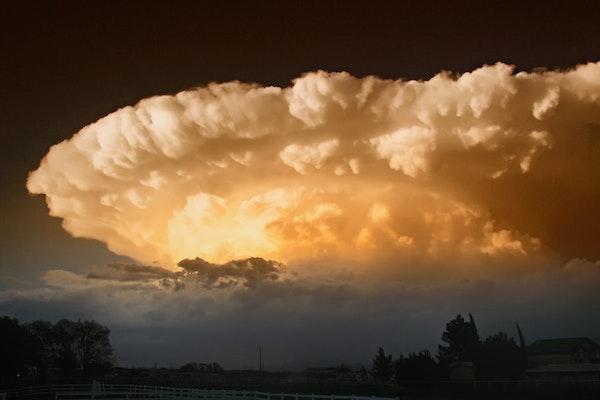The Climate Change Conversation: What Our Experts Are Saying

The Columbus Dispatch recently published an article highlighting six facets that come up in climate change conversations. The article was written by experts at The Ohio State University's Byrd Polar and Climate Research Center (Byrd Center) and the State Climate Office of Ohio. Guest columnists included Jason Cervenec, Geddy Davis, Bryan Mark, Karina Peggau and Aaron Wilson.
Climate change conversations resulting from calls and Inquiries to the Byrd Center and the State Climate Office of Ohio usually include six key facets:
- It's real. Global warming is happening.
- It's us. Human activity is the main cause.
- Experts agree. More than 97% of the world's climate experts are convinced, based on the data, that human activity is warming the planet.
- It's bad. The impacts are serious, and they affect people, especially our children and grandchildren.
- Others care. You are not alone. Most people are worried about global warming, and they support climate action.
- There's hope. There are actions we can take that will make a big difference.
To inspire action, it is crucial to emphasize that "others care" and "there is hope."
Engaging in open discussions about climate change is vital when addressing the climate anxiety experienced by many, especially young people, who feel limited in their ability to shape their desired future. Despite Ohioans' widespread belief in climate change, it is seldom discussed. More discussions can lead to climate-informed policies.
The increasing number of inquiries regarding climate change and potential solutions from diverse groups like faith-based organizations, health organizations, and emergency management agencies indicates a growing recognition of the impact of climate change in the region. It highlights the interconnectedness of people's actions and the need for collective efforts.
When considering climate change impacts, there is hope for the future. We have the chance to mitigate climate risks and enhance our quality of life through climate-informed investment and the need for a skilled workforce in climate-related fields.
To achieve this, we must undergo a cultural shift that values diverse career pathways. Education on climate change should be accessible to a wide range of students and professionals, including those pursuing technical training and certificate programs.
Conversations about climate change serve as the starting point for meaningful action toward a future resilient to climate challenges, focusing on long-term impacts rather than the immediate weather.
Read 'It's us,' 'there's hope,' and 4 other things we must face about climate change| OSU experts. for more about this article.
